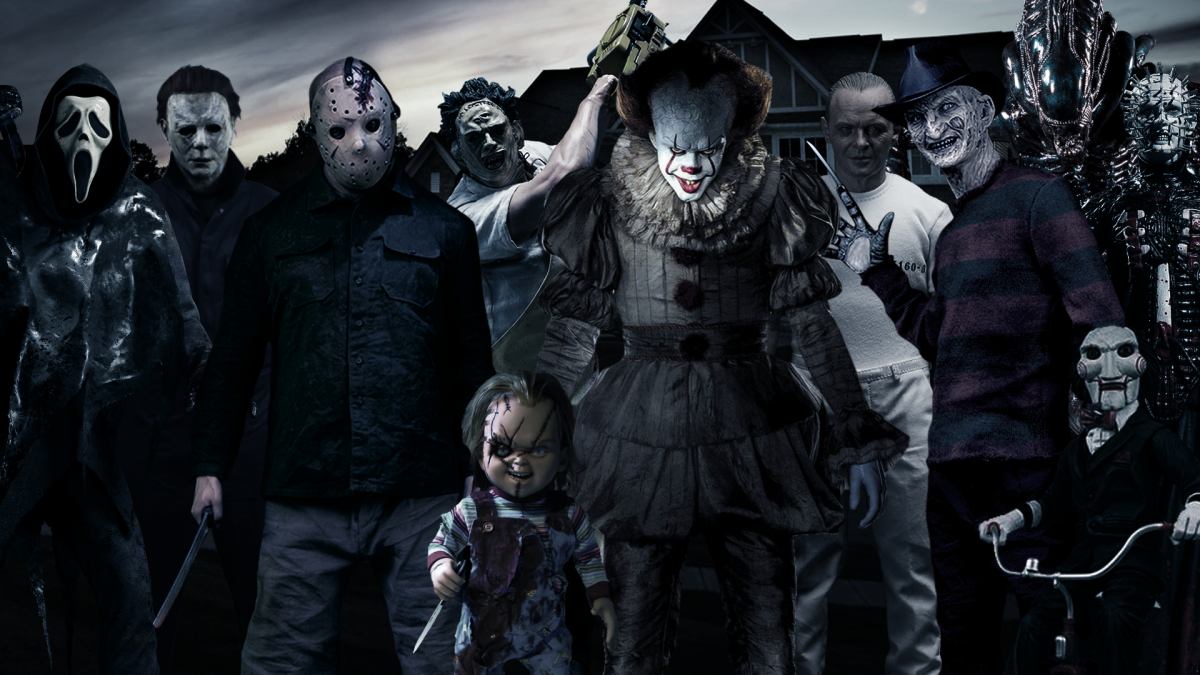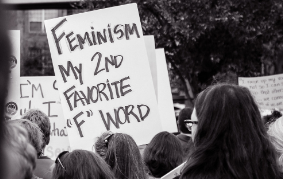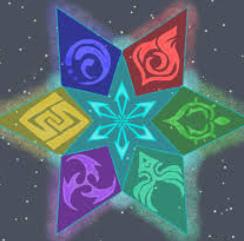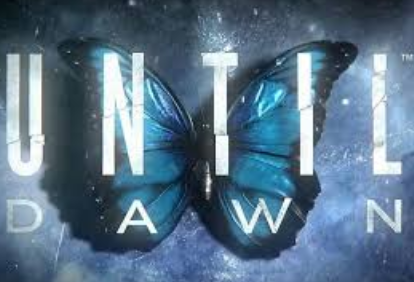It is common knowledge that one of the most popular genres of movies, shows, books, and video games is horror. Horror is often generalized with dark themes, causing an emotional response, which may include supernatural, shocking, gory, distorted, or isolating elements.
Stimulation
Even though horror movies, books, and activities like haunted houses are all fake and controlled activities, the mind has the same reaction as if they were real events. Horror entertainment can trigger the fight-or-flight response, which comes with a boost in adrenaline, endorphins, and dopamine. The brain can then process surroundings and conclude that the experience is not a genuine threat. This leaves the viewer with many feel-good hormones after the brain has processed that there is no real danger. Some people like to watch horror movies that are older or of lower quality, because the fake blood and props are amusingly fake. I personally like horror movies that rely on the viewer connecting the dots in their heads, or making theories of how it truly ends. Psychological thriller movies are some of my favorites, as you don’t know what’s real or not. Many times, horror movies like this will end in cliffhangers that leave the viewer rushing to create infinite endings.
Coping Mechanisms
Some horror fans use these movies/shows as a way to face their fears in a controlled environment where there is no real danger. This can lead to the viewer overcoming old trauma or unrealistic anxieties that may be troubling them. When watching horror, the viewer can pause or stop the experience at any time if the feelings become overwhelming. Some trauma survivors may be able to reclaim their lives through such exposure therapies. Though this approach may work for some people, it’s important to remember that in some cases, this could make symptoms worse or trigger terrible feelings. While horror could be an interesting and effective way to battle their fears, never use one single way to cope, as it can become dangerous and unrealistic.
Connection/Shared Experiences
Many times, people will watch horror movies with their friends or significant others, which creates a shared experience through fear. A fun pastime is watching movies, so with the added layer of the shock factor, people can feel even more connected with each other. Even broader than that, there are many clubs/events dedicated to the horror genre. This gives a wide variety of people to connect over a shared interest that many others don’t have. Some musical artists have used horror and horror topics to write music, which leaves more room for connection in the community.
Through my research it seems that the vast majority of horror fans enjoy the feeling of being scared, or the feeling that comes after the fact. Although it isn’t the best cure, horror can also help some people with trauma or specific anxieties, but it is ill advised to only use one single coping mechanism as any point in time. Lastly, the community that is built off of horror in all it’s forms can help uplift some people with human connection.











































































































































